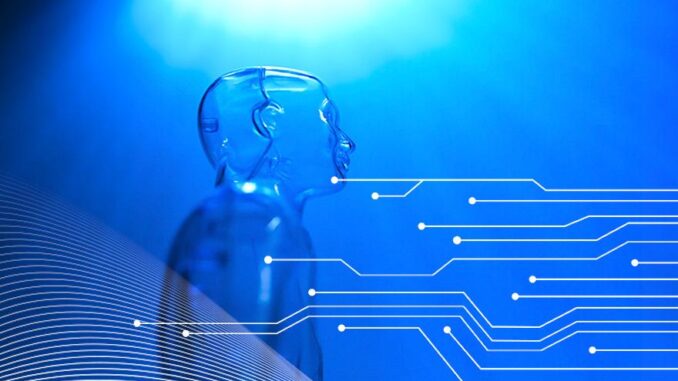
AI in education refers to the use of artificial intelligence technologies and techniques to enhance teaching, learning, and administrative processes within educational settings.
The application of AI can lead to more personalized, efficient, and scalable educational experiences. Here are some key areas where AI is making an impact in education:









### 1. Personalized Learning
– **Adaptive Learning Platforms**: AI systems can analyze students’ learning styles and performance data to provide customized learning experiences, ensuring that materials are tailored to individual needs.
– **Intelligent Tutoring Systems**: AI-driven tutors can offer personalized support and feedback to students, helping them to understand concepts better and at their own pace.
### 2. Assessment and Feedback
– **Automated Grading**: AI can facilitate the grading of assignments, quizzes, and exams, particularly in subjects such as math and language, enabling teachers to focus more on instruction.
– **Real-time Feedback**: AI tools can provide instant feedback to students on their performance, helping them identify areas for improvement.
### 3. Administrative Efficiency
– **Student Enrollment and Retention**: AI can analyze trends and data to assist educational institutions in managing student enrollment processes and improving retention rates.
– **Scheduling and Resource Allocation**: AI can optimize class schedules and allocate resources more efficiently based on demand and availability.
### 4. Enhancing Accessibility
– **Speech-to-Text and Text-to-Speech Tools**: AI-powered tools can help students with disabilities by providing transcription services or converting text to audio.
– **Language Translation**: AI can aid non-native speakers by providing real-time translation of instructional materials and classroom discussions.
### 5. Advanced Analytics
– AI can help educators make data-driven decisions by analyzing student performance data, attendance, and engagement levels to identify at-risk students and intervene accordingly.
### 6. Content Creation and Curation
– **AI Tools for Content Generation**: AI can assist in creating educational materials, including quizzes, lesson plans, and multimedia content.
– **Smart Content Recommendation**: By analyzing user behavior, AI can recommend relevant learning resources, articles, and videos tailored to student interests.
### 7. Virtual Learning Environments
– **AI in Learning Management Systems (LMS)**: AI can enhance LMS platforms by providing predictive analytics, personalized learning paths, and automated administrative tasks.
### 8. Teacher Support
– **Professional Development**: AI can assist educators by identifying areas of strength and improvement and recommending resources for professional development.
– **Classroom Management Assistance**: AI tools can help teachers manage classroom dynamics, track student participation, and maintain engagement levels.
### Challenges and Considerations
While the integration of AI in education presents numerous advantages, it also raises challenges:
– **Data Privacy and Ethics**: The use of student data requires careful consideration of privacy laws and ethical implications.
– **Equity of Access**: Ensuring that all students have access to AI-enhanced educational tools is crucial to avoid widening the digital divide.
– **Dependence on Technology**: Over-reliance on AI could diminish traditional teaching methods and critical thinking skills among students.
### Future Prospects
The future of AI in education is promising, with advancements in machine learning, natural language processing, and data analytics leading to more sophisticated applications. Continuous collaboration between educators, technologists, and policymakers will be essential for maximizing the benefits of AI in education while addressing its challenges.

Leave a Reply